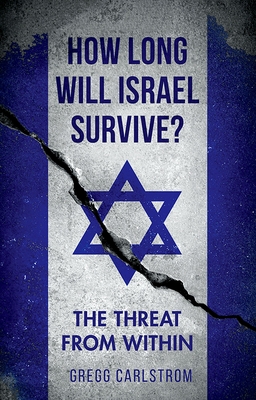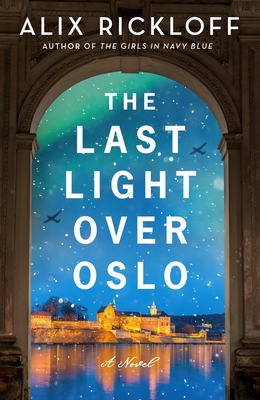
description
ever-changing threats. But what if its most serious challenge comes from within? There was once a national consensus in Israeli society: politics was split between left and right, but its people were broadly secular and liberal. Over the past decade, the country has fractured into tribes---disparate groups with little shared understanding of what it means to be a Zionist, let alone an Israeli. A once-unified population fights internecine battles---over religion and state, war and peace, race and identity---contesting the very notion of a 'Jewish and democratic' state. While this shift has profound implications for Israel's relationship with the broadly liberal Jewish diaspora, the greatest consequences will be felt at home. Israel's tribes increasingly lead separate lives; even the army, once a great melting-pot, is now a political and cultural battleground. Tamir Pardo, former head of Mossad, has warned of the risk of civil war. Gregg Carlstrom maps this conflict, from cosmopolitan Tel Aviv to the hilltops of the West Bank, and asks a pressing question: will the Middle East's strongest power survive its own internal contradictions?
member goods
No member items were found under this heading.
notems store

Maps Quiz Book: Brain Teasers ...
by Hardie Grant Travel, Hardie Grant Travel
Paperback /Paperback$14.99
listens & views

SYMPHONY 3 / VIOLIN CONCERTO ...
by SAINT-SAENS / ZIMMERMANN / JANSONS
COMPACT DISCout of stock
$17.25
Return Policy
All sales are final
Shipping
No special shipping considerations available.
Shipping fees determined at checkout.





